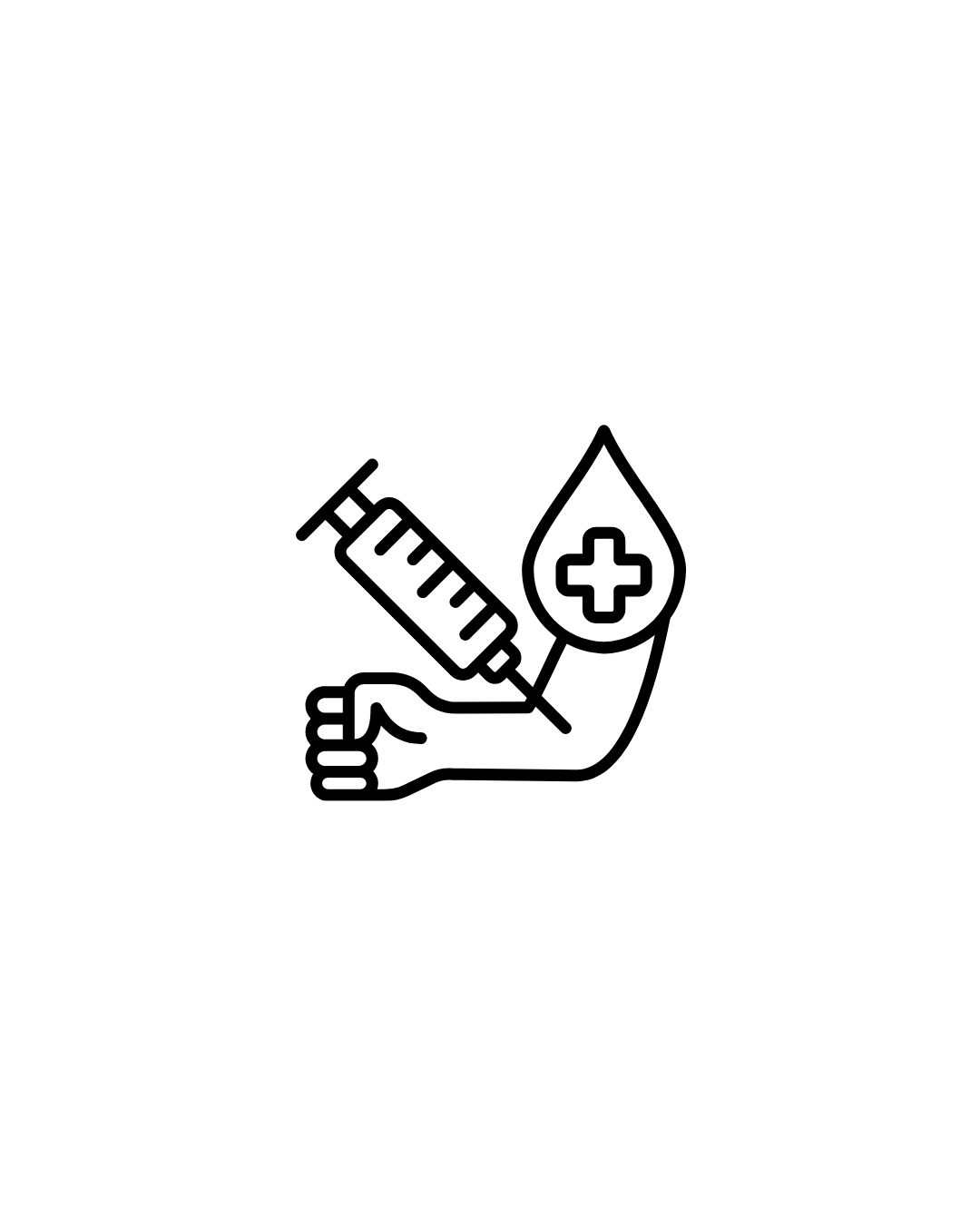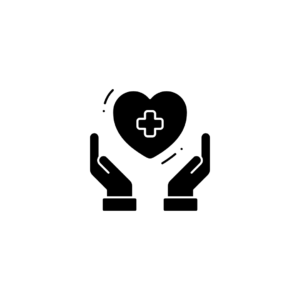Description
Overview of Bachelor of Vocation (B.Voc) in Phlebotomy Technician
The Bachelor of Vocation (B.Voc) in Phlebotomy Technician is a specialized program designed to prepare students for careers in the healthcare field, focusing on the collection of blood samples for diagnostic testing. This program provides students with the technical skills and knowledge necessary to perform phlebotomy procedures safely and effectively. Graduates will be equipped to work in various healthcare settings, including hospitals, clinics, laboratories, and blood banks.
Core Areas of Study in B.Voc in Phlebotomy Technician
Phlebotomy Techniques
Learning various methods of blood collection, including venipuncture and capillary puncture techniques, and understanding the use of different types of needles and equipment.
Anatomy and Physiology
Studying human anatomy, particularly the circulatory system, to understand blood flow and the location of blood vessels for accurate sample collection.
Clinical Procedures and Safety
Gaining knowledge of standard precautions, infection control, and safety protocols to ensure patient and technician safety during blood collection procedures.
Patient Care and Communication
Developing effective communication skills to interact with patients, explain procedures, and address any concerns or questions.
Laboratory Procedures
Understanding the processes involved in laboratory testing, including specimen handling, labeling, and transportation of blood samples.
Test Preparation and Lab Tests
Learning about common laboratory tests, their purposes, and the implications of results, along with preparing patients for testing.
Ethics and Legal Issues in Phlebotomy
Understanding the legal and ethical responsibilities related to phlebotomy, including patient consent, confidentiality, and the handling of sensitive information.
Patient Assessment
Developing skills to assess patient conditions and identify any factors that may affect blood collection, such as allergies or difficulty with previous draws.
Curriculum Structure
A typical Bachelor of Vocation in Phlebotomy Technician program may include:
Core Courses: Subjects covering phlebotomy techniques, anatomy, patient care, laboratory procedures, and ethics.
Hands-On Training: Practical lab sessions that provide opportunities to perform phlebotomy techniques under supervision and practice with simulation equipment.
Clinical Practicum: Internship experiences in medical facilities, where students gain real-world experience in blood collection and patient care alongside healthcare professionals.
Admission Requirements
Admission to the B.Voc in Phlebotomy Technician program typically requires:
A high school diploma (or equivalent), preferably with a focus on science or health-related subjects.
Some institutions may require an entrance exam, interview, or health clearance (such as vaccinations) to ensure candidates are fit for the program.
Skills Developed in the B.Voc in Phlebotomy Technician Program
Graduates of the Bachelor of Vocation in Phlebotomy Technician will acquire essential skills, including:
Technical Proficiency: Ability to perform various blood collection techniques safely and accurately.
Patient Care Skills: Competence in providing compassionate care to patients and effectively communicating during procedures.
Age-Related Care: Understanding how to adapt techniques for patients of different ages, including pediatrics and geriatrics.
Laboratory Knowledge: Awareness of laboratory practices, specimen handling, and the importance of accurate labeling and documentation.
Infection Control Practices: Knowledge of safety protocols and infection prevention measures in clinical settings.
Career Opportunities
Upon completion of the B.Voc in Phlebotomy Technician, graduates can pursue various career paths, including:
Phlebotomy Technician
Performing blood collection procedures in hospitals, clinics, and laboratories while ensuring patient comfort and safety.
Medical Laboratory Technician
Assisting in laboratory tasks and tests, including sample preparation and analysis.
Blood Bank Technician
Working in blood donation centers, managing blood collection, processing, and storage.
Clinical Research Coordinator
Assisting with clinical trials and studies that require blood sample collection and management.
Patient Care Technician
Supporting broader patient care services within healthcare settings, which may include phlebotomy as part of their role.
Conclusion
The Bachelor of Vocation in Phlebotomy Technician equips students with the expertise necessary for a successful career in blood collection and laboratory testing. Emphasizing both technical skills and patient care, graduates are prepared to contribute significantly to the healthcare field. If you have any further questions about the B.Voc in Phlebotomy Technician or related topics, feel free to ask!









